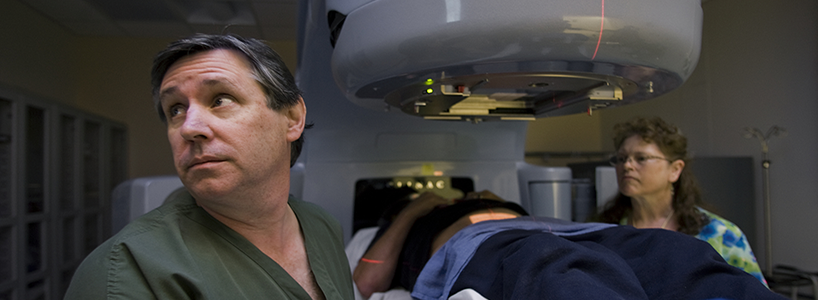Healthcare is not only one of the fastest growing fields in government service, but of all career occupations. The Bureau of Labor Statistics estimates adding 2.3 million jobs to the workforce overall between 2014 and 2024. Three reasons for the rapid growth are:
- a growing population of older adults
- more people having healthcare coverage as a result of the federal health insurance initiative
- a new law to improve veterans’ health services
Right now, healthcare jobs make up 10.38% of the total government workforce at 206,080 jobs. As noted above, that will grow significantly during the next decade.
Healthcare = Higher Pay
Not only are jobs plentiful in this career field, but also pay well in comparison to all other occupations. Salaries ranges from a low of $21,920 for Home Healthcare Aides to a high of $187,200 for Physicians and Surgeons. Overall, median salary in 2015 for healthcare practitioners and technicians not in government service was $62,610, however, those in government service had a median salary of $96,780.
Healthcare jobs in federal government service are as varied as the healthcare field itself. For example, 69,810 nurses work in the executive branch. Yet, they only make up 3.48% of that workforce; their annual median salary is $79,190. As a federally employed Registered Nurse (RN), one could be assigned to work in healthcare administration, rural health assistance, healthcare research, disease control and prevention, or Medicare and Medicaid services.
Healthcare professionals can also work for the Veterans’ Affairs (VA) in their hospitals and clinics. To give one a perspective of just how large the VA healthcare field is, they operate 153 medical centers, 135 nursing homes, 900 outpatient clinics nationwide, including the District of Columbia and U.S. Territories. Currently, 250,000 full-time healthcare employees service 773,600 VA inpatient visits per year and 60 million outpatients. They are by far the largest federal government agency employing healthcare professionals.
However, the Department of Health and Human Services (HHS) and Bureau of Prisons are the second and third largest agencies respectively, as far as employing healthcare workers. Under the HHS umbrella are a number of agencies including the Center for Disease Control (CDC), Food and Drug Administration (FDA) and Indian Health to name just three. The Bureau of Prisons has 146 correctional facilities of their own and hire everything from doctors and dentists to pharmacists, nurses to therapists.
If you are a veteran with a healthcare specialty, and you are looking for a way to continue serving your country, investigate the option of a rewarding career in service of the Federal government. Not only will you get longevity credit and other perks for your military service, but certain veterans qualify for Veteran’s Preference when applying for Federal government jobs. Learn more about Veteran’s Preference in the next article in our Working for the Federal Government series.




